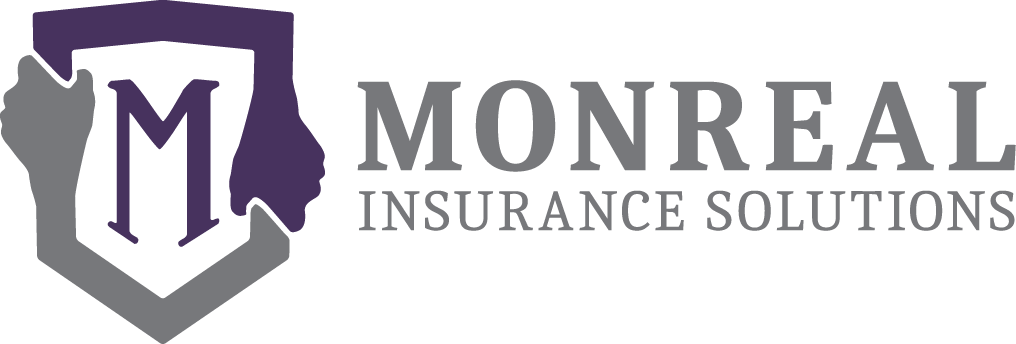
In the dynamic landscape of entrepreneurship, small businesses are the backbone of innovation, creativity, and economic growth. From cozy cafes to bustling construction sites, each specialized industry brings its unique set of challenges and opportunities. However, amidst the excitement of building one’s dream venture, the importance of adequate insurance coverage often gets overlooked. In this comprehensive guide, we delve into the nuances of small business insurance for specialized industries, exploring why it’s crucial, debunking common myths, and providing actionable insights for entrepreneurs to safeguard their ventures effectively.
Understanding the Imperative: Why Small Business Insurance Matters
Small business insurance serves as a protective shield against unforeseen circumstances that could jeopardize the sustainability and profitability of a venture. In specialized industries such as restaurants, contractors, retail, technology startups, and beauty salons, the risks can vary significantly, making tailored insurance solutions indispensable.
For instance, in the restaurant industry, where bustling kitchens and high foot traffic are the norm, the risk of slips, trips, and falls is ever-present. Similarly, contractors face potential liabilities associated with workplace injuries, property damage, and project delays. In retail, theft, product liability claims, and business interruption events pose significant threats to profitability. Meanwhile, technology startups grapple with cyber risks, intellectual property disputes, and contractual liabilities. Beauty salons and spas encounter challenges related to professional liabilities, client injuries, and regulatory compliance.
By recognizing and mitigating these risks through appropriate insurance coverage, small business owners can protect their assets, reputation, and financial stability. Moreover, insurance instills confidence in stakeholders, including investors, lenders, and customers, thereby fostering long-term growth and sustainability.
Debunking Common Myths: Separating Fact from Fiction
Despite the evident benefits of small business insurance, several myths persist, deterring entrepreneurs from investing in adequate coverage. Let’s debunk some of these misconceptions:
Myth: Small businesses can rely solely on personal insurance policies.
Fact: While personal insurance policies may offer some coverage, they often fall short in addressing the unique risks associated with business operations. Small business owners need specialized insurance tailored to their industry-specific challenges and liabilities.
Myth: Insurance is only necessary for established businesses with significant assets.
Fact: Every business, regardless of size or stage of development, is susceptible to risks that could lead to financial loss or legal liabilities. Early investment in insurance can protect fledgling ventures from potential setbacks and pave the way for sustainable growth.
Myth: Insurance is too expensive for small businesses.
Fact: The cost of insurance varies depending on factors such as industry, coverage limits, and risk exposure. However, the potential financial repercussions of being uninsured far outweigh the cost of insurance premiums. Moreover, many insurers offer flexible payment options and customized packages to accommodate small business budgets.
Myth: General liability insurance provides sufficient coverage for all situations.
Fact: While general liability insurance is essential, it may not cover all potential risks faced by specialized industries. Businesses often require additional coverage, such as professional liability insurance, cyber liability insurance, or commercial property insurance, to address specific exposures effectively.
Myth: Insurance is a one-size-fits-all solution.
Fact: Insurance needs vary widely across industries, business models, and geographic locations. A cookie-cutter approach to insurance may leave businesses underinsured or overpaying for unnecessary coverage. Working with an experienced insurance broker or agent can help small business owners tailor their insurance portfolios to suit their unique needs and risk profile.
Navigating the Options: Tailored Insurance Solutions for Specialized Industries
Now that we’ve dispelled common myths surrounding small business insurance, let’s explore the tailored insurance solutions available for specialized industries:
Restaurants:
Restaurants face a myriad of risks, including foodborne illnesses, liquor liability, and kitchen fires. Insurance coverage options for restaurants may include general liability insurance, property insurance, workers’ compensation insurance, and business interruption insurance. Additionally, specialized coverage for spoilage of perishable goods and equipment breakdown can provide added protection against unforeseen events.
Contractors:
Contractors operate in a high-risk environment, where workplace accidents, property damage, and contractual disputes are common occurrences. Comprehensive insurance coverage for contractors may encompass general liability insurance, commercial auto insurance, builders risk insurance, and surety bonds. Additionally, professional liability insurance (errors and omissions insurance) can protect contractors against claims arising from professional negligence or inadequate workmanship.
Retail Stores:
Retailers confront a diverse range of risks, including theft, product liability claims, and natural disasters. Insurance solutions for retail businesses may include commercial property insurance, general liability insurance, product liability insurance, and crime insurance. Cyber liability insurance is also crucial for retailers that handle sensitive customer data to safeguard against data breaches and cyber attacks.
Technology Startups:
Technology startups operate in a rapidly evolving landscape fraught with cyber risks, intellectual property disputes, and contractual liabilities. Insurance options for tech startups may include cyber liability insurance, errors and omissions insurance, directors and officers insurance, and intellectual property insurance. Additionally, business interruption insurance can mitigate financial losses resulting from technology failures or service disruptions.
Beauty Salons & Spas:
Beauty salons and spas face liabilities associated with client injuries, professional negligence, and regulatory compliance. Insurance coverage for beauty businesses may include professional liability insurance (malpractice insurance), general liability insurance, property insurance, and workers’ compensation insurance. Product liability insurance is also essential for salons that sell beauty products to mitigate risks associated with allergic reactions or adverse side effects.
Empowering Small Business Owners with Insurance Knowledge
In conclusion, small business insurance is a vital component of risk management for entrepreneurs in specialized industries. By debunking common myths and understanding the tailored insurance solutions available, business owners can protect their ventures against unforeseen events and liabilities. Whether you’re running a cozy cafe, managing a bustling construction site, or operating a cutting-edge tech startup, investing in comprehensive insurance coverage is an investment in the long-term success and sustainability of your business. So, don’t wait until disaster strikes—take proactive steps to safeguard your venture today.
For more information on small business insurance for specialized industries, consult with an experienced insurance advisor or contact Monreal Insurance Solutions at (909) 757-1311 or click the link in the bio for a quote. Remember, proactive risk management today ensures a secure and prosperous tomorrow.
